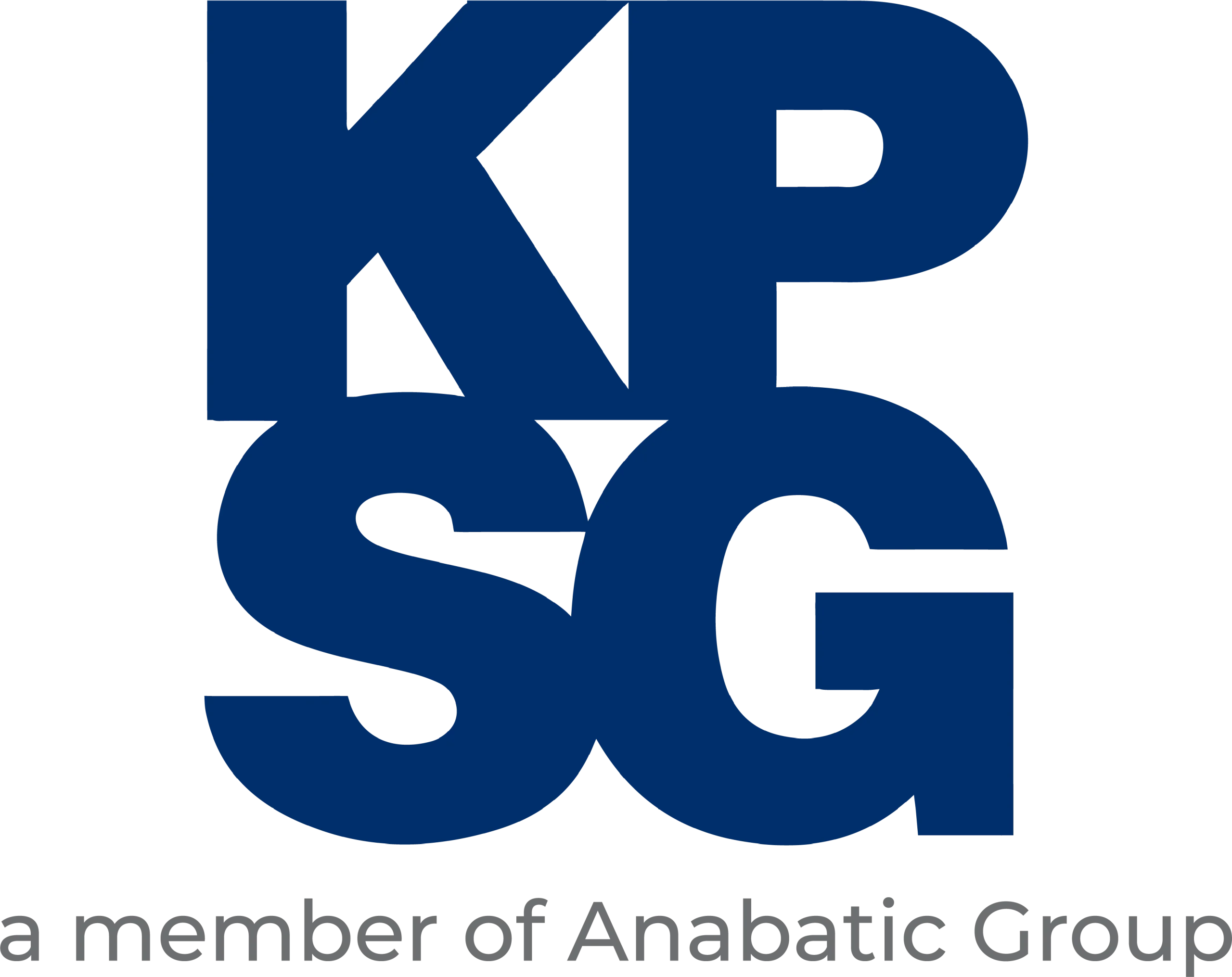CRM applications are an important component in the relationship of a business with its customers.
CRM or Customer Relationship Management is one of the strategies that can be used to help manage relationships with customers. Starting from the sales team, up to the customer service team is integrated in a platform so that it is possible to improve customer experience.
So what is a CRM application? How can this application help your business? Let’s discuss further in this article.
Definition of CRM Application
CRM or Customer Relationship Management application is an application used to manage customer interactions. Usually the use of CRM applications utilizes data analysis to learn what insights can be obtained for business development.
CRM software and systems usually use data from various communication channels or channels, including websites, telephone, email, chat, and so on. Businesses can study this data, so that it can produce what steps should be given to customers.
Benefits of CRM Applications
The following are some of the benefits obtained when using CRM applications.
Knowing Customers in Detail
The CRM application will provide clear customer data details. You can find out demographic data, up to interest quickly. This will make it easier for a business or company to build a strategy that is suitable for use in communicating with customers. On the other hand, we can also produce new products or services that suit customer needs.
Customer Segmentation
Simply put, a CRM application will help businesses to see who the best prospects are for their business products and services. We can find out data based on certain categories and criteria, so that we can separate product, marketing, and operational strategies. This will make all aspects of the business run more effectively and efficiently.
Customer Retention
In addition to the benefits of finding prospective customers, Customer Relationship Management is also a suitable tool for retaining customers who already use our products or services.
CRM applications will help businesses to manage various communication channels according to the needs of customers. Some CRM systems also have the ability to do automatic communication, such as replying to emails, chats, and so on.
Anticipating Customer Needs
The use of CRM applications in a business also makes it easier to fulfill customer needs. For example, we can find out the habits of customers in making purchases. We can create separate promos for certain customer groups based on that data. In addition, we can find out customer problems and complaints, so we can focus on improving the quality of services and products.
Improve Communication Speed
The tendency of today’s customers is speed. Customers want a fast communication process, and the right solution. CRM applications can offer quick and precise solutions for customers.
Types and Examples of CRM Applications
Well, here are some examples and types of CRM applications in the business world.
Based on Role and Function
Based on its role and function, CRM applications are divided into:
- Operational CRM: Has features that facilitate business processes. This CRM is usually used for companies that are looking for prospects or potential customers for them.
- Analytic CRM: Has features to analyze data obtained directly from customers through various sources. It is suitable for sales, marketing, and customer service teams.
- Collaborative CRM: Has features for integration between divisions or teams in a business.
Based on Technology
Usually CRM applications are made with certain technologies, such as servers or data models. The following is a division of CRM software based on the data model and server.
- Cloud CRM: Known as software as a service or saas where the implementation uses data on a cloud server. Cloud CRM is a relatively affordable solution in terms of price because there is no need to provide hardware for data storage.
- On-Premise CRM: All data is stored independently, thus requiring high operational and maintenance costs.
- Open Source CRM: Free CRM software that usually has limited features. Suitable for small businesses with limited budgets.
- Vertical CRM: Usually developed for the purpose of a specific business sector. Features and functions are very specific to one industry only.
- Horizontal CRM: Used for various business sectors so that the features and functions are also more complete according to the needs of each business sector.
CRM application is one of the important components in business development. Every division and team in the business can collaborate by utilizing this technology.

